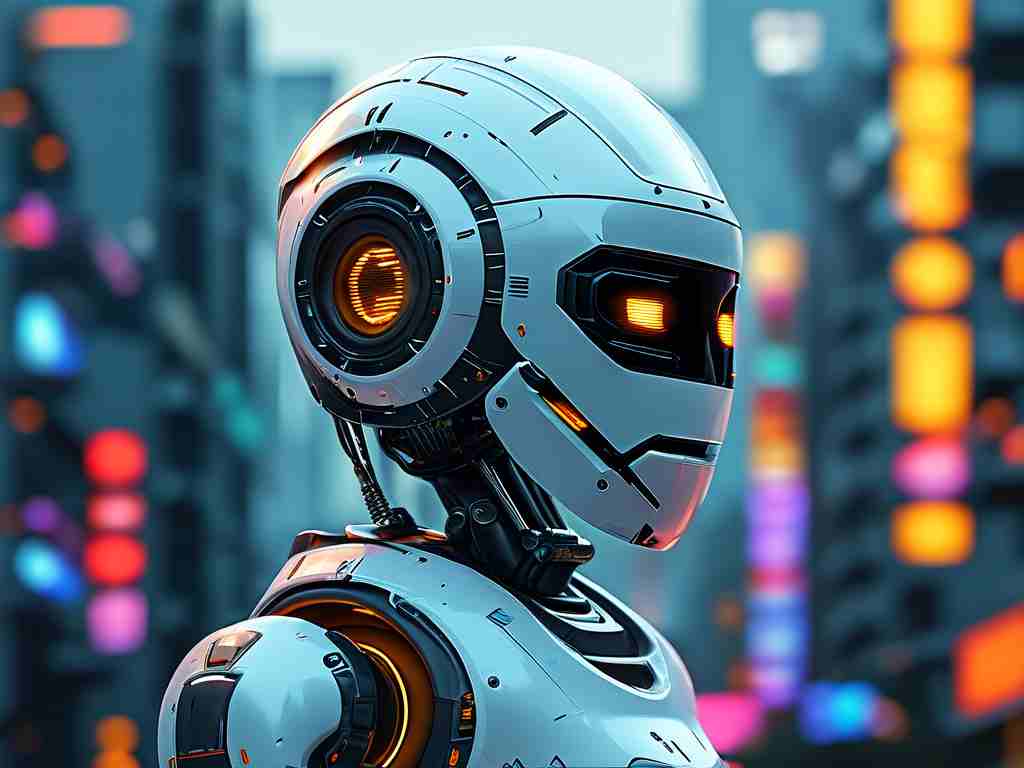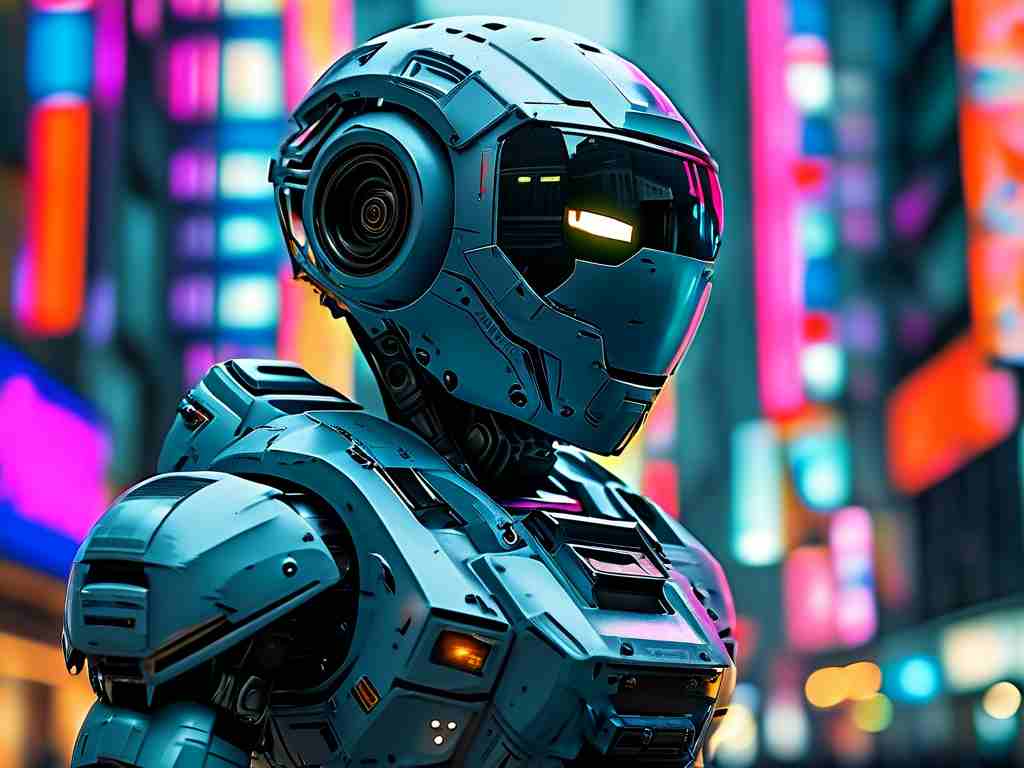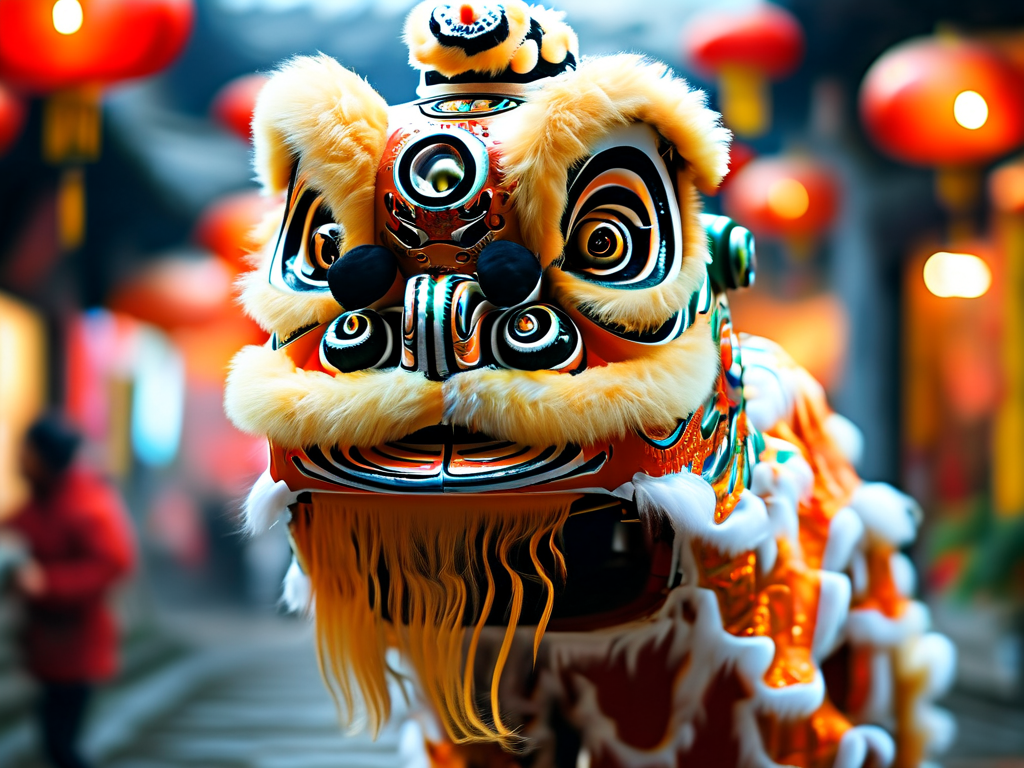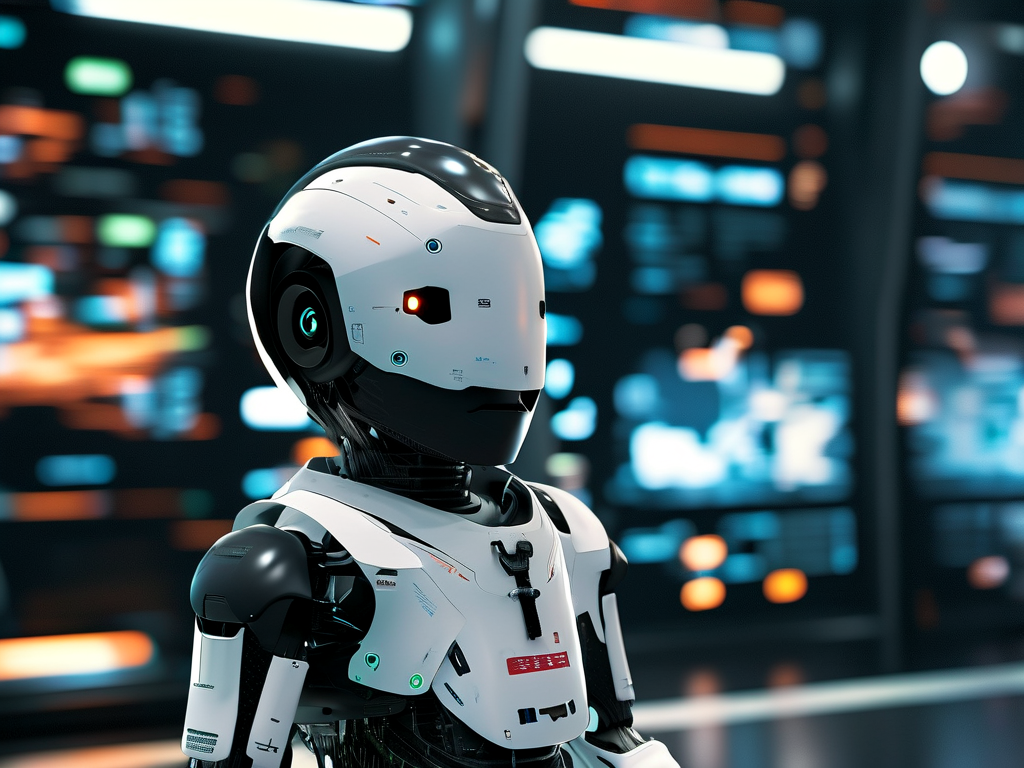Nestled in the heart of Hangzhou, West Lake has long been celebrated as a cultural landmark where ancient poetry meets natural beauty. Today, this UNESCO World Heritage Site is quietly becoming a testing ground for cutting-edge robotics innovations, blending China’s rich heritage with 21st-century technological ambitions.
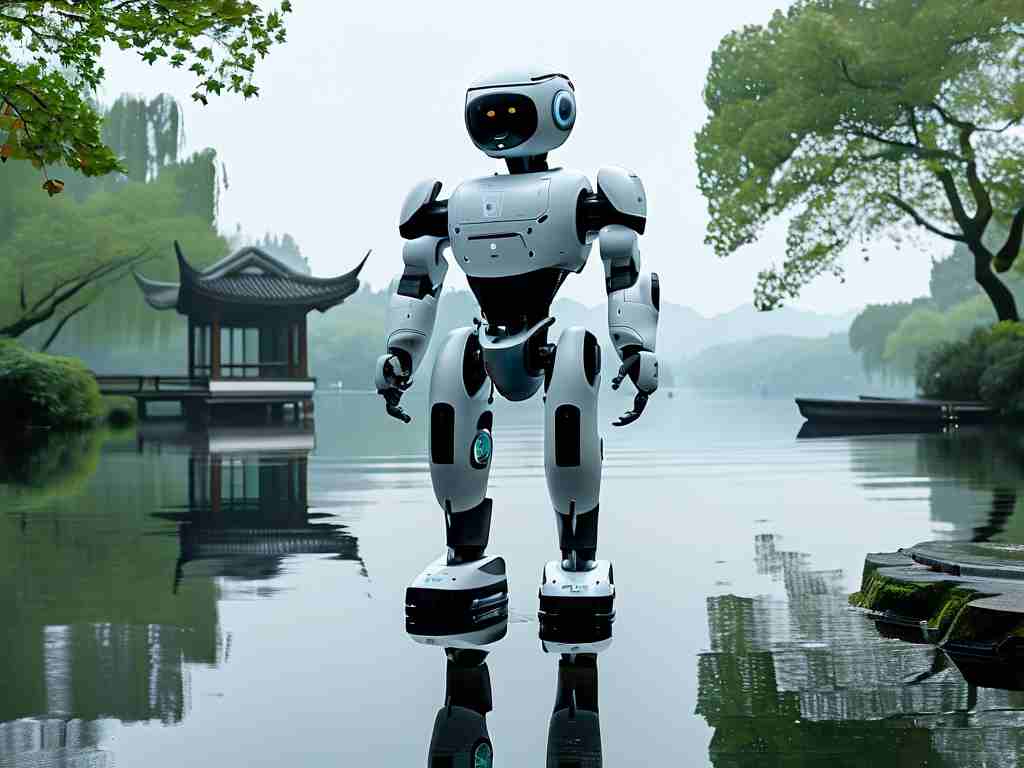
A Historic Landscape Transformed
While traditional paddle boats still glide across the lake’s misty waters, a new generation of autonomous surface vehicles now patrols its depths. Developed by Hangzhou-based tech firm Lingyin Dynamics, these solar-powered robots perform real-time water quality monitoring, detecting algae blooms and pollutants with millimeter-wave sensors. Unlike conventional methods requiring manual sampling, these AI-driven systems transmit data instantaneously to municipal environmental agencies, enabling rapid response to ecological threats.
Tourism Reimagined
The West Lake Scenic Area Administration recently deployed "Lotus Guide" robots—sleek, humanoid machines fluent in 12 languages. Designed to resemble Song Dynasty scholars, these units combine facial recognition and augmented reality to offer personalized historical tours. Visitors simply scan their tickets to activate context-aware storytelling: when approaching the Broken Bridge, the robot shares legends of Bai Suzhen while overlaying a digital recreation of the Ming-era bridge onto modern structures through its chest-mounted display.
Preservation Through Innovation
Beneath the surface, archaeology teams collaborate with Zhejiang University’s Robotics Lab to protect submerged relics. Last year, a swarm of miniature submersibles mapped the lakebed with subcentimeter precision, identifying previously unknown Song Dynasty ceramic fragments. These findings are now being analyzed by AI algorithms trained on the Zhejiang Provincial Museum’s archives, cross-referencing glaze patterns and kiln marks to reconstruct trade routes from eight centuries past.
Challenges in Harmony
Not all integration has been seamless. Local tea house owners initially resisted automated servers, fearing loss of human touch. However, trials of "Tea Sage" robots—which perform intricate Longjing tea ceremonies while explaining processing techniques—have proven unexpectedly popular. The machines’ ability to replicate exact water temperatures and pouring heights has even attracted master tea artisans seeking to refine their craft through machine-learned precision.
Future Horizons
Looking ahead, West Lake Robotics Park (slated for 2025 completion) aims to incubate startups specializing in cultural conservation tech. Early proposals include drone-assisted calligraphy brushes that analyze Wang Xizhi’s techniques and AI curators that dynamically adjust museum lighting based on real-time pigment degradation data. As Professor Chen Wei from Zhejiang Tech remarks, “We’re not replacing tradition—we’re giving it new tools to breathe across generations.”
This quiet revolution at West Lake demonstrates how robotics can enhance rather than erase cultural identity. By embedding technology within historical contexts, Hangzhou is crafting a blueprint for preserving heritage through innovation—one algorithmically balanced stone path at a time.


